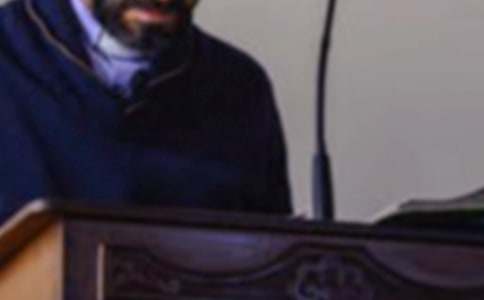大學(xué)生英文演講稿
大學(xué)生英文演講稿

And in 1979, the connections among our people were limited. Today, we see the curiosity of those ping-pong players manifested in the ties that are being forged acromany sectors. The second highest number of foreign students in the United States come from China, and we've seen a 50 percent increase in the study of Chinese among our own students. There are nearly 200 "friendship cities" drawing our communities together. American and Chinese scientists cooperate on new research and discovery. And of course, Yao Ming is just one signal of our shared love of basketball -- I'm only sorry that I won't be able to see a Shanghai Sharks game while I'm visiting.
It is no coincidence that the relationship between our countries has accompanied a period of positive change. China has lifted hundreds of millions of people out of poverty -- an accomplishment unparalleled in human history -- while playing a larger role in global events. And the United States has seen our economy grow along with the standard of living enjoyed by our people, while bringing the Cold War to a successful conclusion.
There is a Chinese proverb: "Consider the past, and you shall know the future." Surely, we have known setbacks and challenges over the last 30 years. Our relationship has not been without disagreement and difficulty. But the notion that we must be adversaries is not predestined -- not when we consider the past. Indeed, because of our cooperation, both the United States and China are more prosperous and more secure. We have seen what is possible when we build upon our mutual interests, and engage on the basis of mutual respect.
And yet the succeof that engagement depends upon understanding -- on sustaining an open dialogue, and learning about one another and from one another. For just as that American table tennis player pointed out -- we share much in common as human beings, but our countries are different in certain ways.
I believe that each country must chart its own course. China is an ancient nation, with a deeply rooted culture. The United States, by comparison, is a young nation, whose culture is determined by the many different immigrants who have come to our shores, and by the founding documents that guide our democracy.
Those documents put forward a si-mp-le vision of human affairs, and they enshrine several core principles -- that all men and women are created equal, and possecertain fundamental rights; that government should reflect the will of the people and respond to their wishes; that commerce should be open, information freely accessible; and that laws, and not simply men, should guarantee the administration of justice.
Of course, the story of our nation is not without its difficult chapters. In many ways -- over many years -- we have struggled to advance the promise of these principles to all of our people, and to forge a more perfect union. We fought a very painful civil war, and freed a portion of our population from slavery. It took time for women to be extended the right to vote, workers to win the right to organize, and for immigrants from different corners of the globe to be fully embraced. Even after they were freed, African Americans persevered through conditions that were separate and not equal, before winning full and equal rights.
【大學(xué)生英文演講稿】相關(guān)文章:
大學(xué)生英文演講稿范文11-10
大學(xué)生英文勵志演講稿08-24
大學(xué)生感恩英文演講稿06-18
大學(xué)生英文演講稿大全06-22
大學(xué)生勵志英文演講稿06-22
大學(xué)生優(yōu)秀英文演講稿06-22
大學(xué)生英文演講稿范文11-06
大學(xué)生英文演講稿范文大全06-22
大學(xué)生長篇英文演講稿帶翻譯03-28